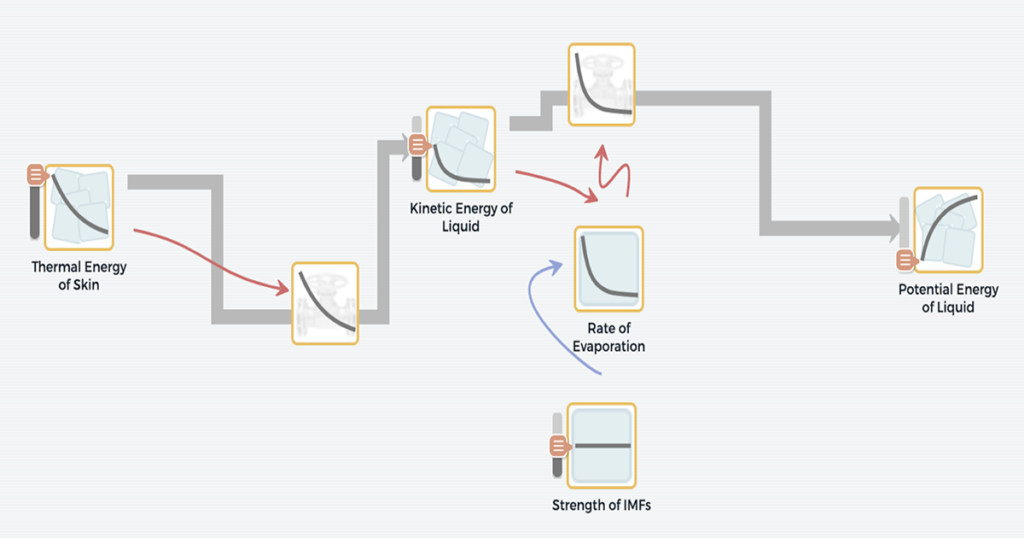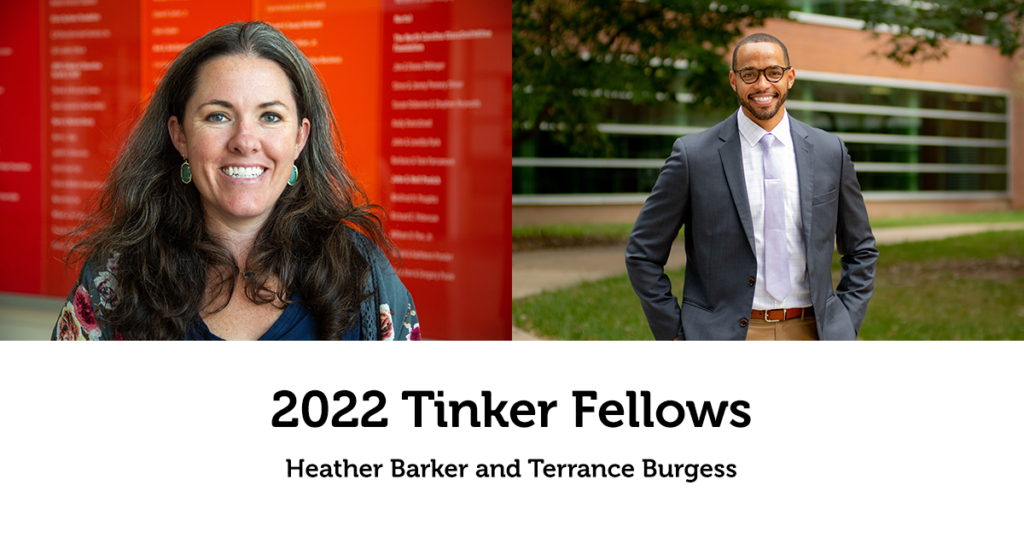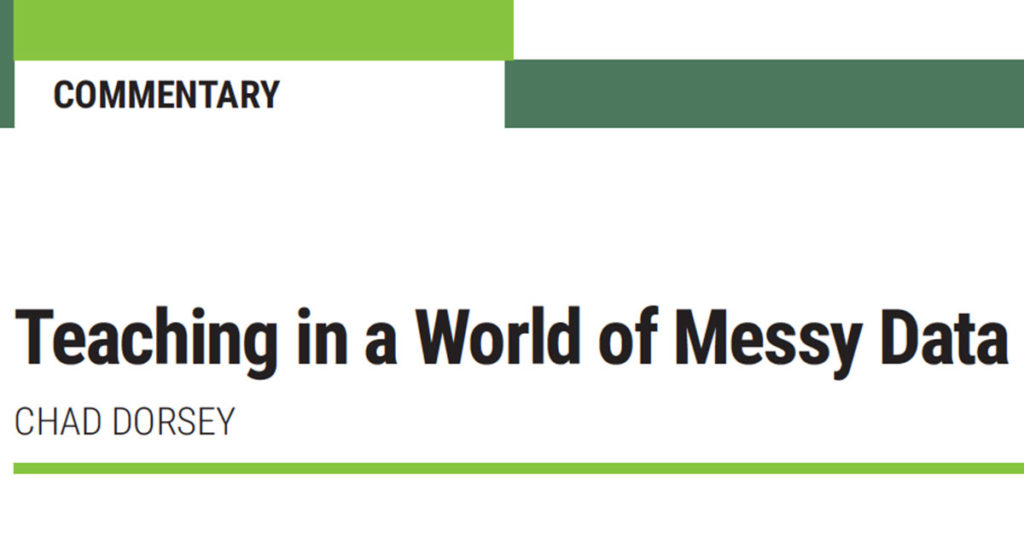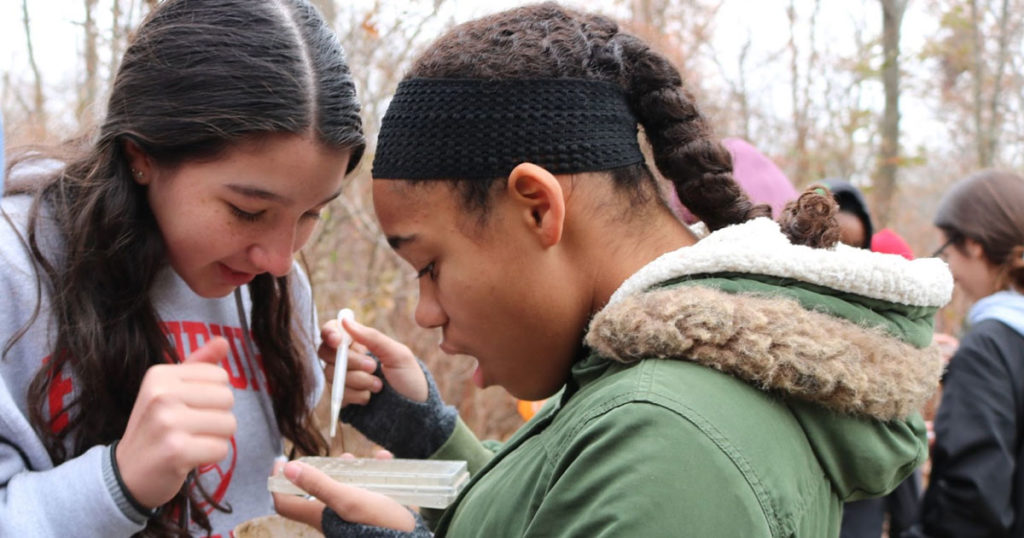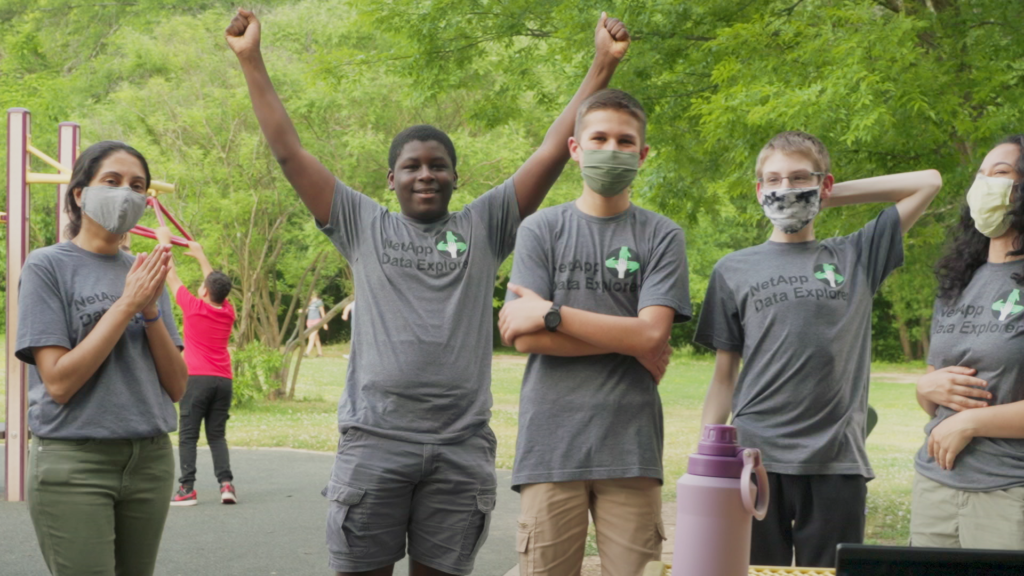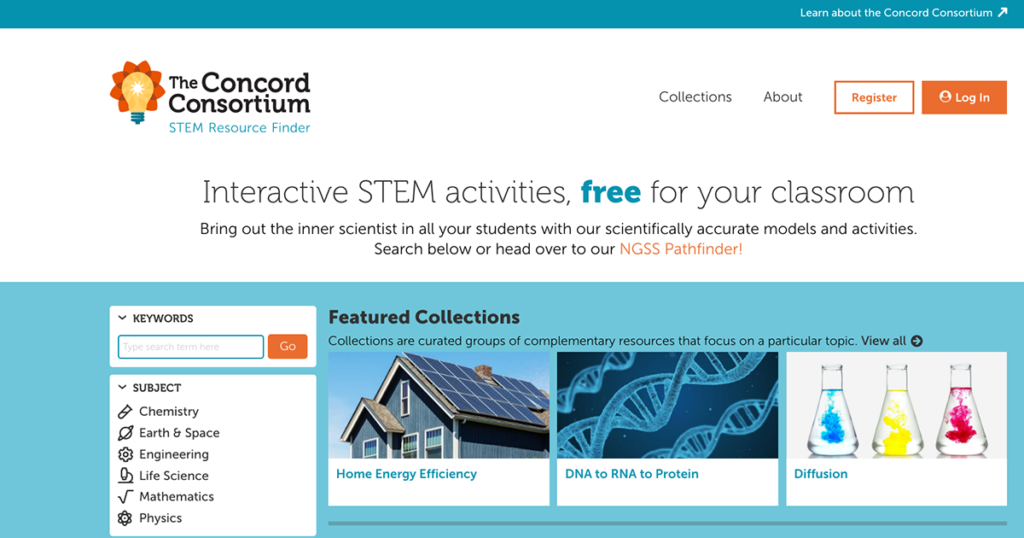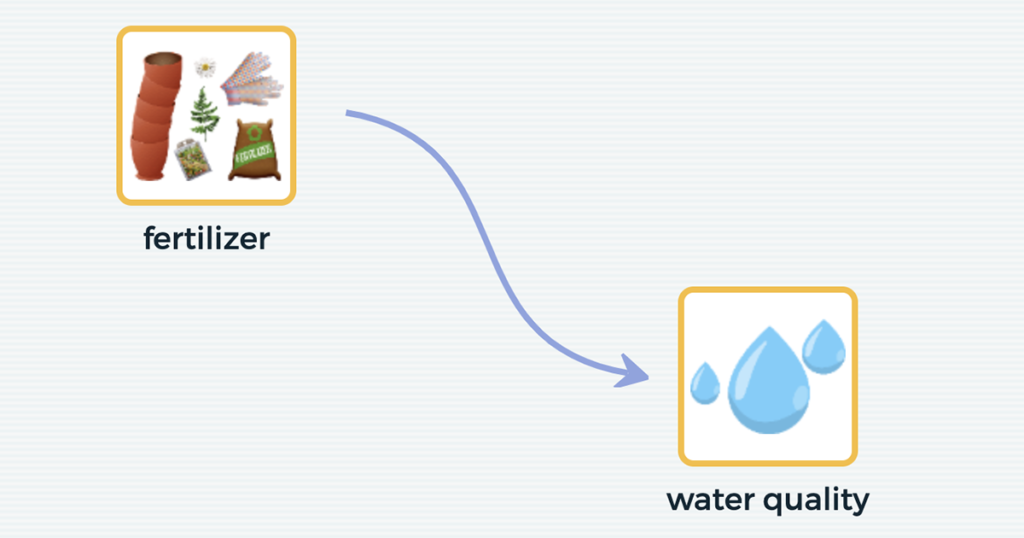Category: Author: Cynthia McIntyre
Have you ever wondered why, even on a very hot day, you feel cold when coming out of a pool, lake, or sprinkler? The Multilevel Computational Modeling project, a collaboration with the CREATE for STEM Institute at Michigan State University, has developed a new curriculum unit called “Why do I feel colder when I am […]
The theme for this year’s Robert F. Tinker Fellows Program, which aims to promote innovation, creativity, and cross-disciplinary conversations, focuses on inclusion, equity, and access in STEM education. We are delighted to announce two Tinker Fellows in 2022. Heather Barker will create data exploration activities for students from middle grades through introductory statistics college courses […]
We published nine articles in researcher and teacher practitioner journals and one book chapter in 2021 that showcase innovations in STEM teaching and learning through technology. Learn how to design curricular materials that leverage digital tools for system modeling (#2), how to ensure powerful data learning experiences for all learners (#6), how to operationalize and […]
We recently revised our mission and vision statements, and described our efforts to address issues of diversity, equity, inclusion, and justice in several of our research projects. We know that this was only a beginning. As we said, “We are still learning how to design science, technology, engineering, and mathematics resources that are more socially […]
In the fall of 2020, 100 students ages 11 to 15 years old in Bangalore, India, logged into Zoom to learn how to work with data—data that could change their lives and those of their communities. Halfway around the world, 20 students in Durham, North Carolina, also investigated data in an afterschool program in the […]
With data all around us — from personal data about our sleep patterns, playlists, and purchases to scientific data about climate change and the COVID-19 pandemic — teachers and their students need to be able to navigate numbers and become fluent with data. Data fluency includes understanding the sources of data, structuring data for analysis, […]
New notebooks, sharpened pencils, and your tablet and iPhone batteries charged and ready to go. Check, check, and check. It’s back to school time! Whether you’re planning to be back in a real classroom for the first time in over a year or teach from your renovated basement, we’ve also been getting ready for the […]
Modeling is key to how scientists help explain complex phenomena—from the coronavirus pandemic to climate change—and explore scientific and engineering problems. The Next Generation Science Standards (NGSS) recognize the importance of Systems and Systems Models as one of the crosscutting concepts, and Developing and Using Models and Using Computational Thinking as two of the science […]
The ongoing COVID-19 pandemic is providing an unprecedented amount of health and social science data, and serves as a compelling starting point to engage in data science activities. A new project funded by the Innovative Technology Experiences for Students and Teachers (ITEST) program at the National Science Foundation is designed to empower young people to […]
Stephen Callahan is a superhero even though he doesn’t have a big letter S emblazoned on his tee-shirt. His superpower? An abiding belief in the students and teachers with whom he works. For over fifteen years, he’s been helping students and educators find and use their own technology superpowers. We are delighted to announce that […]
